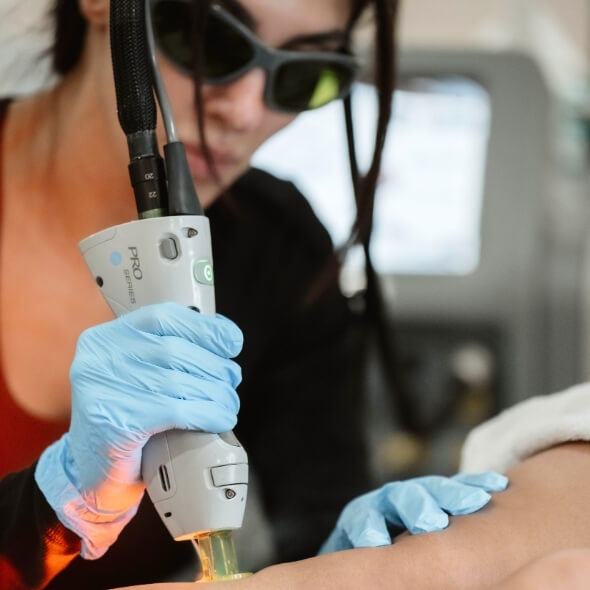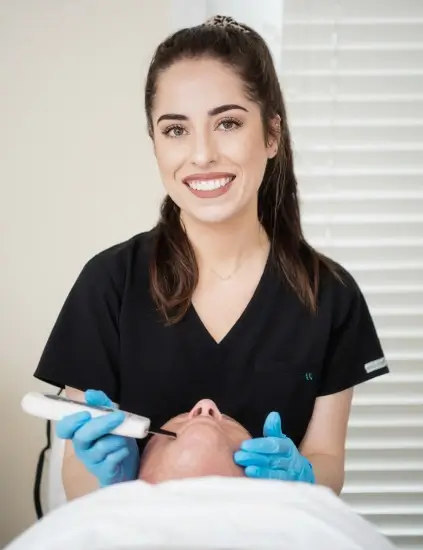Running a beauty business in Florida is demanding. Between managing appointments, keeping up with trends, and handling clients, it can be easy to forget that claiming taxes back is an option, and such an effective one. Taxes can sometimes sneak up and feel overwhelming, but some opportunities slip past even the most organized aestheticians, especially those coming out of medical aesthetician school. Tax deductions for aestheticians exist for a reason, and they can reduce the burden greatly if you know where to look.
Understanding Tax Deductions for Aestheticians
When it comes to your taxes, it’s not just about the obvious expenses like rent and products. Many Florida aestheticians overlook deductions that could make a big difference in their return. Expenses tied directly to your work are often deductible. This includes equipment, certain training, and even the space you use for your services if you work from home or a studio.
Keeping detailed records throughout the year is key. Receipts, invoices, and bank statements are more than paperwork. They are proof that you spent money on business necessities. Accurate records make claiming tax deductions for aestheticians straightforward and also help you answer questions in the future if needed.
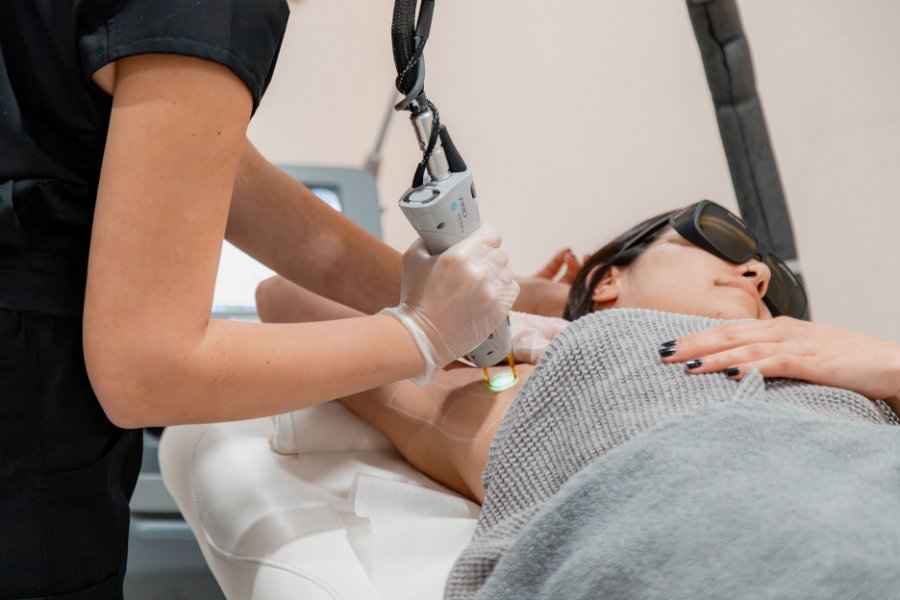
Equipment and Supplies
Most aestheticians spend a lot on supplies. Wax, skincare products, tools, and machines are essential to the work you do every day. Many don’t realize these purchases count as tax deductions. Even the small stuff, like towels, gloves, or disinfectants, can be included because they are part of running your business.
Big equipment purchases, such as facial machines or laser devices, also qualify! Some of these may need to be depreciated over the years, but that still reduces taxable income. It’s really worth taking the time to categorize each item correctly so nothing is left out.
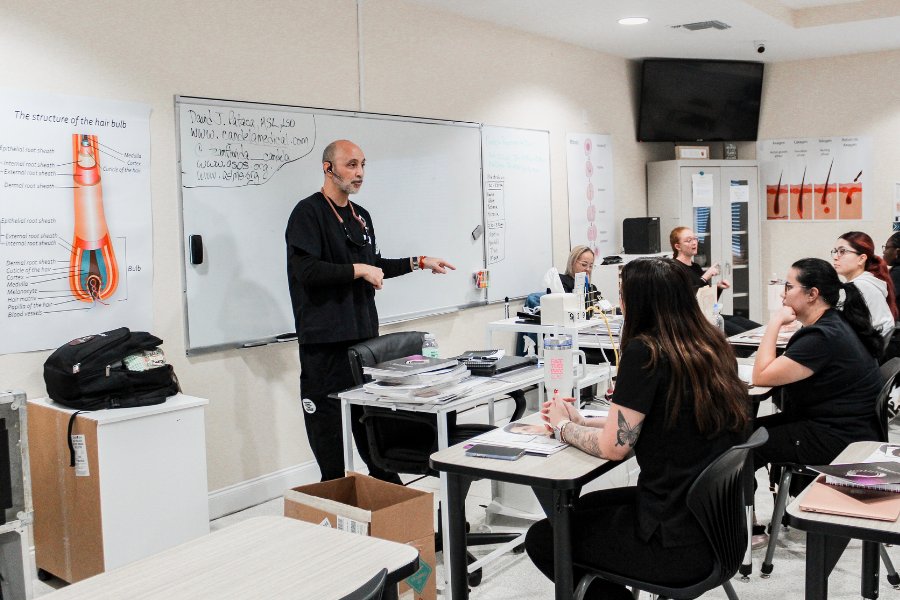
Education and Professional Development
Continuing education often gets overlooked. Classes, certifications, and workshops can be part of your aesthetician tax deductions. If the training directly improves your skills or keeps your license current, it counts. Travel expenses to attend a class or seminar may also be included.
Books and online courses fall into the same category. Even subscriptions to industry publications can be included if they relate to your services. Investing in yourself pays off in multiple ways, including a smaller tax bill.
Home Office and Studio Deductions
If you work from home or run a small studio, the space itself can provide deductions. A dedicated area used solely for work qualifies. This can cover a portion of your rent or mortgage, utilities, and internet costs. The IRS has clear rules about how to calculate this.
Keeping accurate measurements and dividing personal and business expenses is important. It might seem tedious, but it’s a deduction that often adds up over time. Even small monthly savings contribute to a healthier bottom line.
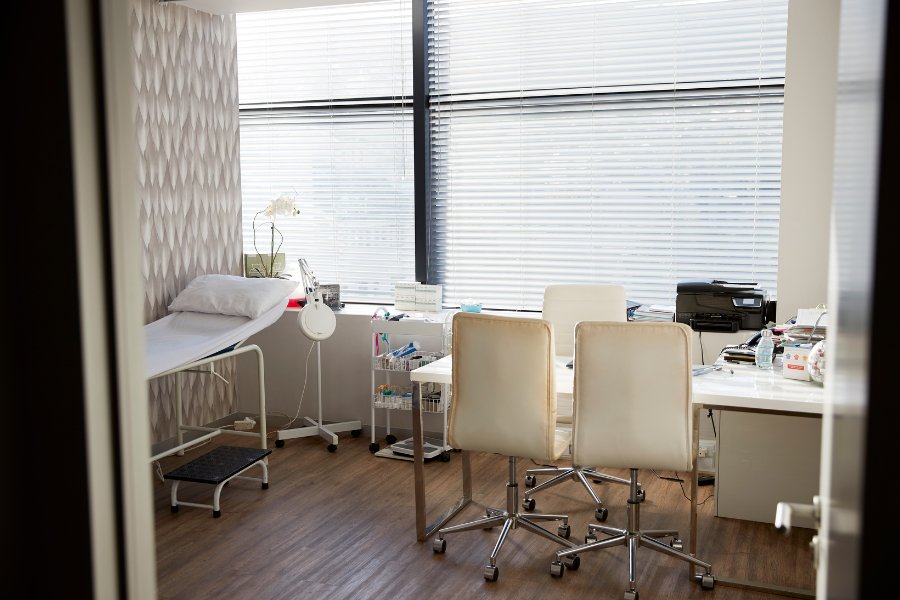
Marketing and Client Management
Marketing costs can add up, and these are also deductible! Business cards, social media ads, website hosting, and email marketing tools all count. Anything spent to attract or retain clients can be included. Managing client appointments through paid software or apps is another example. Tools that help run the business efficiently reduce your taxable income because they are tied to your work.
Travel and Mileage
Travel is a legitimate expense for many aestheticians. If you visit clients, attend training, or pick up supplies, mileage counts. Florida’s traffic can make travel feel endless, and those miles can translate into tax deductions for aestheticians. Maintaining a log or using an app simplifies this process. It’s one of those areas people often forget until they look back at the year and realize how many trips they made.
Other Overlooked Expenses
There are smaller items that many aestheticians forget to claim. Laundry services, uniforms, and even professional insurance are part of running your business. Memberships in professional organizations and networking groups also qualify. These expenses might seem minor individually, but together they can significantly lower taxable income.
We always suggest reviewing your spending every few months. Looking at patterns helps catch things you might not think of as business expenses. It’s easier to keep track gradually than to dig through a full year of receipts at tax time.
How to Deduct These Expenses on Your Taxes
Start by keeping all receipts and invoices organized by category, like equipment, supplies, travel, and education. When filing, these expenses typically go on Schedule C if you’re a sole proprietor, or the equivalent section for your business type.
For home office deductions, calculate the percentage of your space used for work and apply that to rent, utilities, and internet. Mileage can be tracked with a log or app and added as a separate deduction. If any expense is partially personal, only claim the portion that directly relates to your work.

